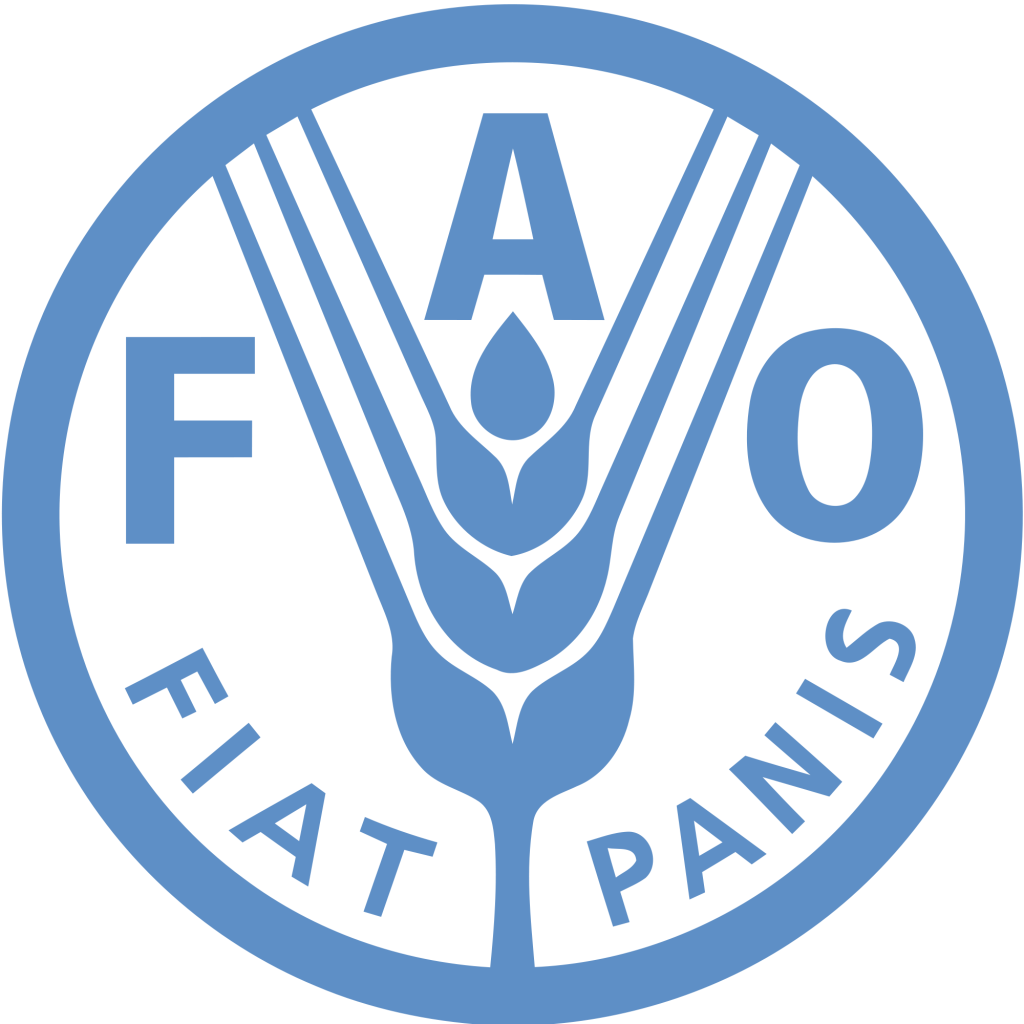Location
The vision of the FAO office in Bangkok is a food-secure Asia and the Pacific region.
Its mission is to help member countries halve the number of undernourished people in the region by raising agricultural productivity and alleviating poverty while protecting the region’s natural resources base.
Agricultural growth in Asia-Pacific has stagnated in recent years, with a serious decline in agricultural investment, and depletion and degradation of natural resources in the face of continued population growth.
The benefits of the green revolution have now been fully realized and there are no revolutionary technologies on the horizon that can rapidly and sustainably reinvigorate agriculture.
Outward migration, especially of the young generation, has led to the "greying" and feminization of the sector; the coping mechanisms of poor households are few, given their limited assets and the fact that a deep recession occurred so soon after the food crisis.
Climate change will impact agriculture in many ways, particularly in areas vulnerable to natural disaster.
The opening of markets improved the mobility of people, goods and services and created employment opportunities for the labour-rich Asia-Pacific economies. At the same time the growing links within the region and with the rest of the world ushered in risks of transboundary plant pests and animal diseases.
Members:
Resources
Displaying 106 - 110 of 293Tigerpaper/Forest News
A quarterly news bulletin dedicated to the exchange of information relating to wildlife and national resources management for the Asia-Pacific region.
Tigerpaper/Forest News
A quarterly news bulletin dedicated to the exchange of information relating to wildlife and national resources management for the Asia-Pacific region.
The future of large rice-based irrigation systems in Southeast Asia
Most of the large rice irrigation systems in Southeast Asia have been designed for rice irrigation under a supply-driven mode. Despite their huge contribution to agricultural production, there is a general consensus that these large rice irrigation systems have not lived up to expectations because of a legacy of poor institutional arrangements and system design, degraded infrastructure, poor management and stagnation in the face of rapid transformations of agriculture and pressures on their water supply.
The future of large rice-based irrigation systems in Southeast Asia
Most of the large rice irrigation systems in Southeast Asia have been designed for rice irrigation under a supply-driven mode. Despite their huge contribution to agricultural production, there is a general consensus that these large rice irrigation systems have not lived up to expectations because of a legacy of poor institutional arrangements and system design, degraded infrastructure, poor management and stagnation in the face of rapid transformations of agriculture and pressures on their water supply.
The future of large rice-based irrigation systems in Southeast Asia
Most of the large rice irrigation systems in Southeast Asia have been designed for rice irrigation under a supply-driven mode. Despite their huge contribution to agricultural production, there is a general consensus that these large rice irrigation systems have not lived up to expectations because of a legacy of poor institutional arrangements and system design, degraded infrastructure, poor management and stagnation in the face of rapid transformations of agriculture and pressures on their water supply.

